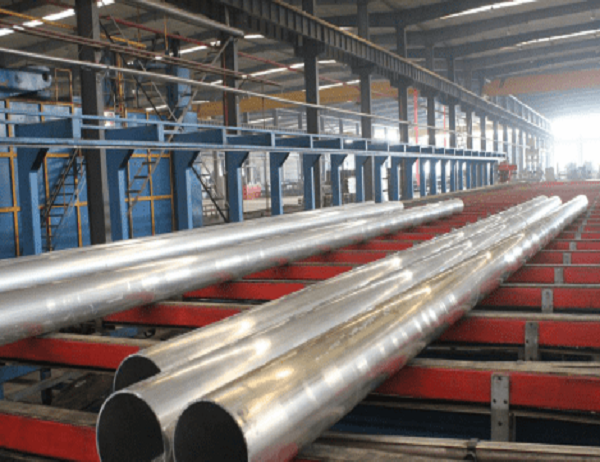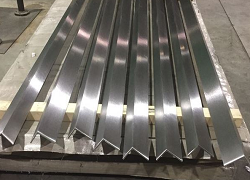The Environmental Benefits of Aluminum Frames in Solar Panels: A Sustainable Energy Revolution
Introduction:
As the world grapples with the pressing issue of climate change, renewable energy sources are gaining prominence as a promising solution. Among these, solar photovoltaic (PV) systems stand out for their immense potential to harness the sun’s boundless energy. The aluminum frames used in solar panels play a critical role in ensuring their efficiency, durability, and environmental sustainability.
Lightweight and Durability:
Aluminum frames are remarkably lightweight, contributing to the overall ease of installation and transportation of solar panels. Their high strength-to-weight ratio endows them with exceptional durability, withstanding the rigors of fluctuating weather conditions and extended exposure to harsh environments. This extended lifespan reduces the need for frequent replacements, minimizing resource consumption and waste generation.
Renewable and Recyclable:
Aluminum is an infinitely recyclable metal, making it a preferred choice for sustainable energy applications. The recycling process consumes significantly less energy compared to the production of new aluminum, reducing greenhouse gas emissions and conserving valuable natural resources. The high scrap value of aluminum frames ensures their collection and recycling, further promoting circularity and reducing landfill waste.
Energy Efficiency:
The reflective properties of aluminum frames help regulate the operating temperature of solar panels. By dissipating excess heat generated during energy conversion, aluminum frames prevent thermal degradation of the photovoltaic cells. This increased efficiency enhances the overall power output of solar systems, leading to enhanced solar energy generation and reduced grid dependency.
Environmental Impact Mitigation:
The use of aluminum frames in solar panels significantly reduces the environmental footprint of renewable energy installations. Their lightweight nature minimizes transportation emissions, while their durability and recyclability contribute to resource conservation and waste reduction. Additionally, the increased efficiency of solar panels facilitated by aluminum frames translates into reduced energy consumption and lower greenhouse gas emissions over the system’s lifetime.
Conclusion:
The environmental benefits of aluminum frames in solar panels are undeniable. Their lightweight and durable properties ensure longevity and ease of installation. Their renewability and recyclability promote circularity and minimize resource consumption. By enhancing the efficiency of solar panels, aluminum frames maximize energy generation, reduce grid dependency, and mitigate environmental impact. As the world embraces renewable energy solutions, the adoption ofé“frames in solar panels will undoubtedly contribute to a greener and more sustainable future.



